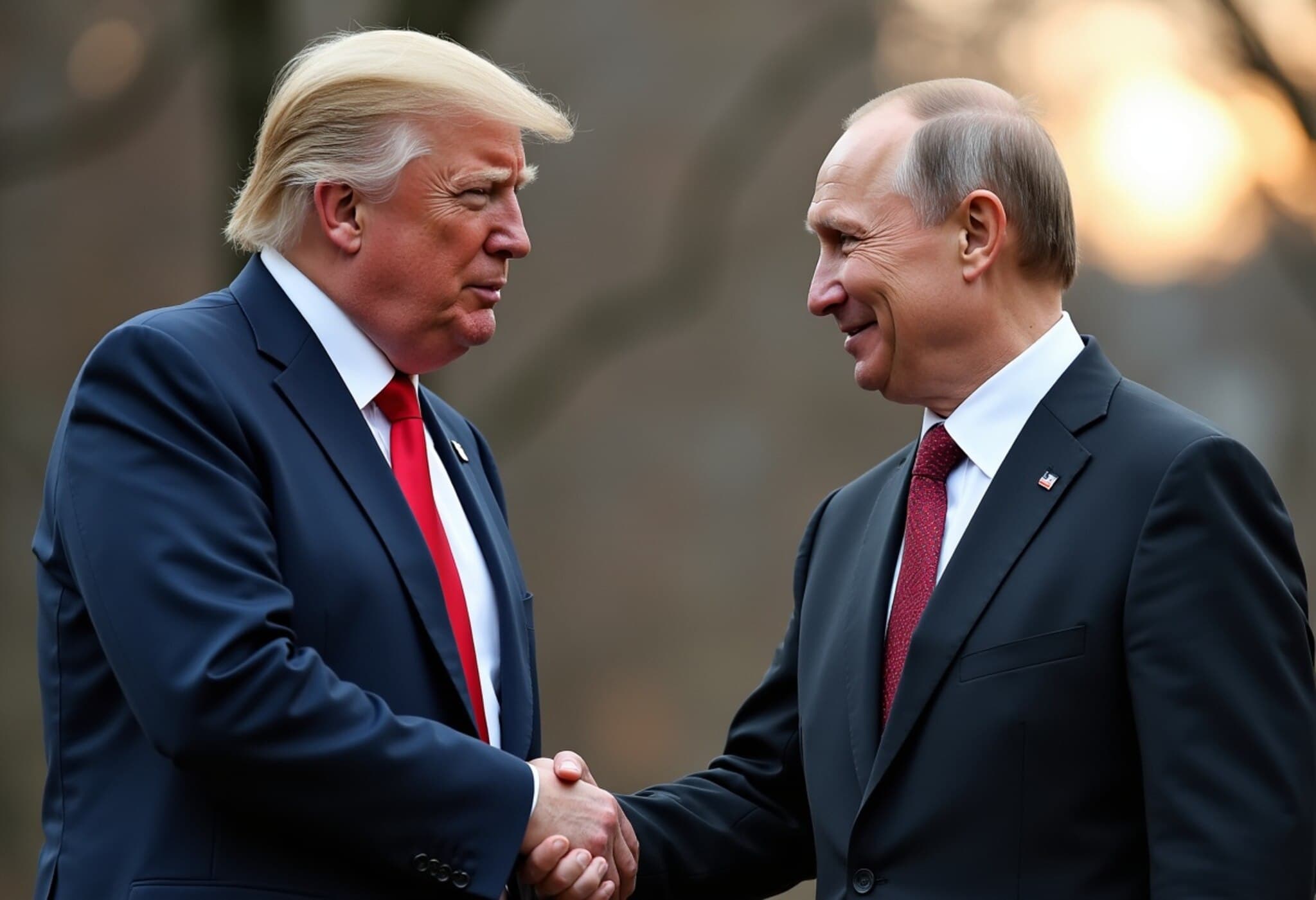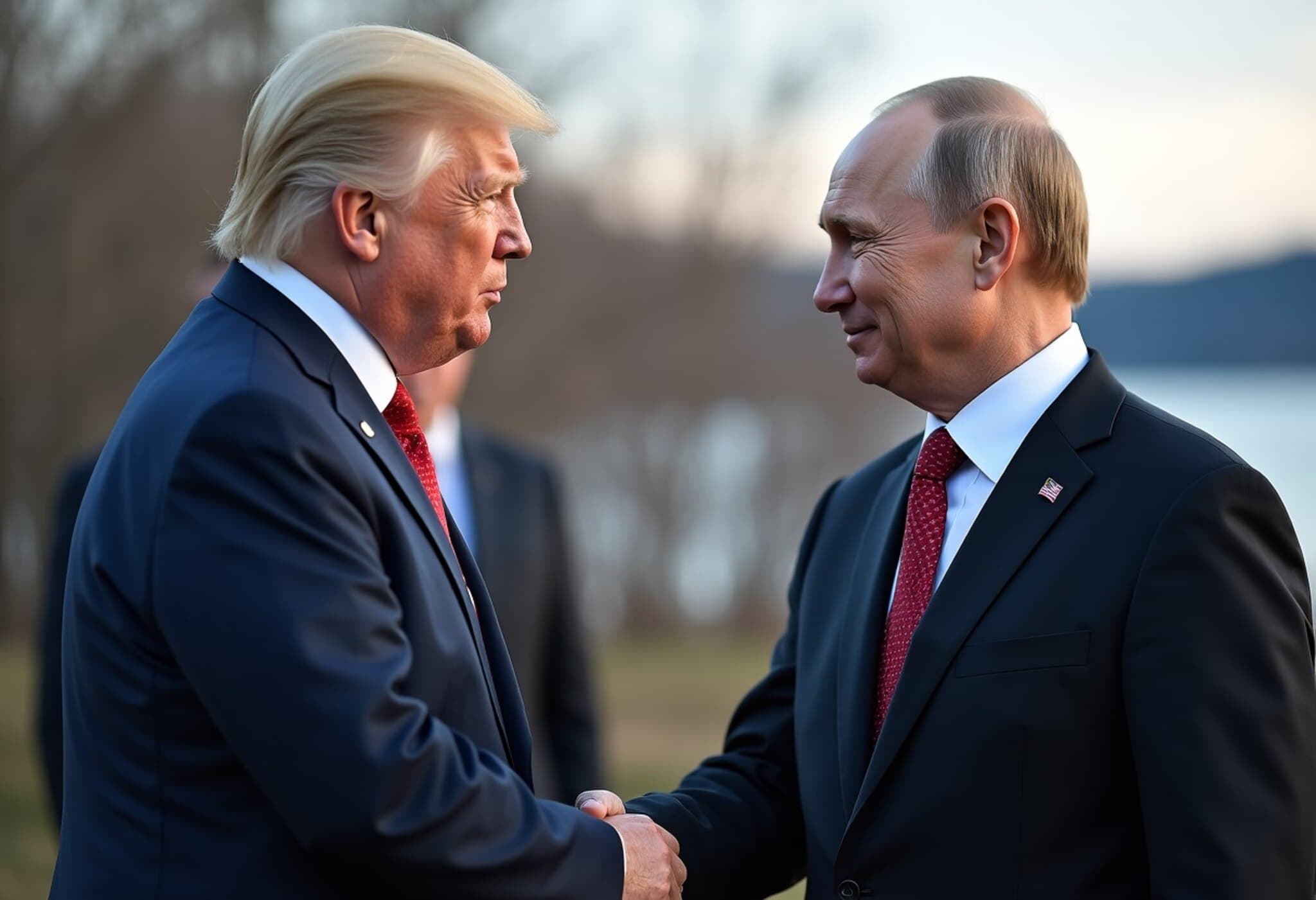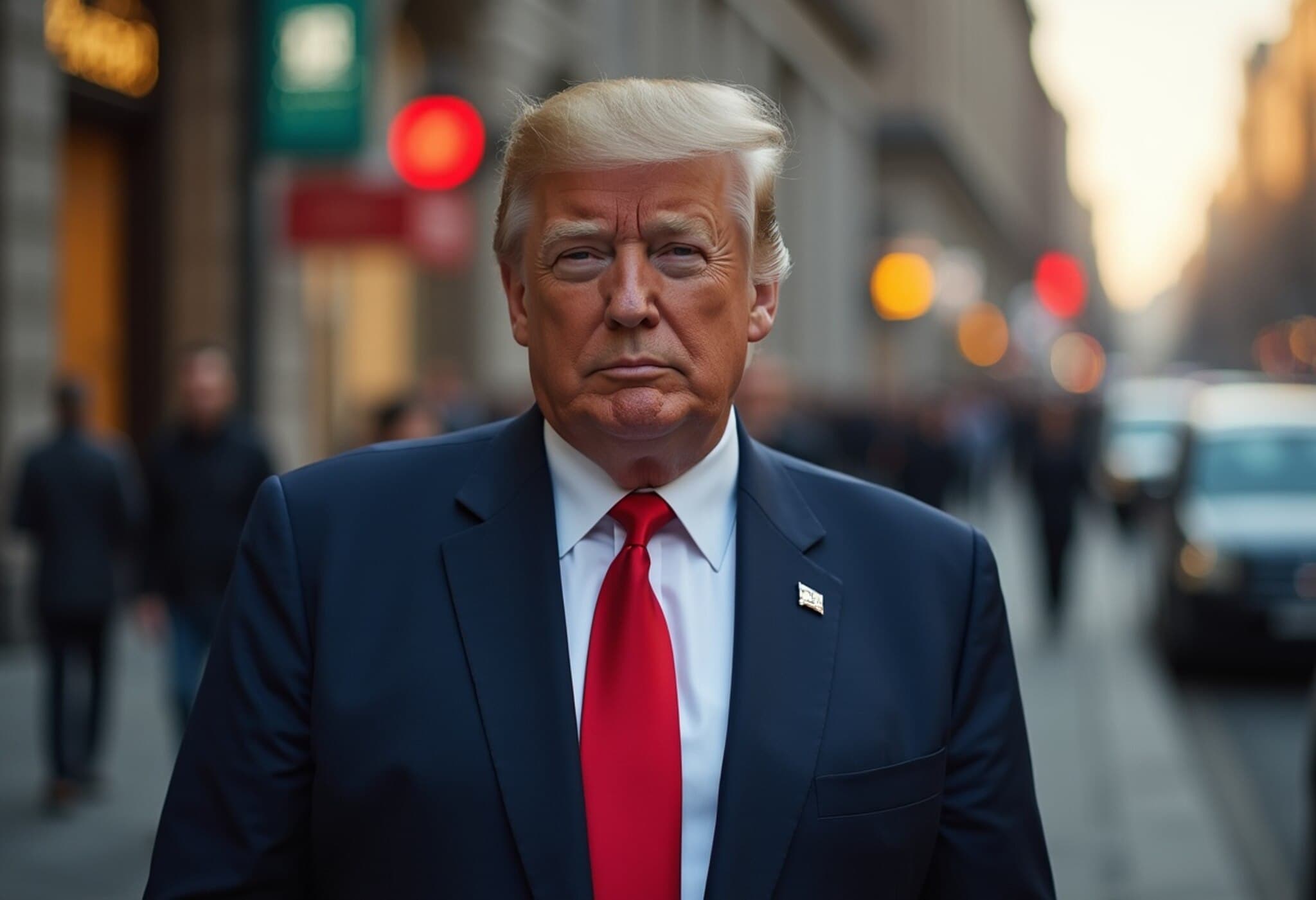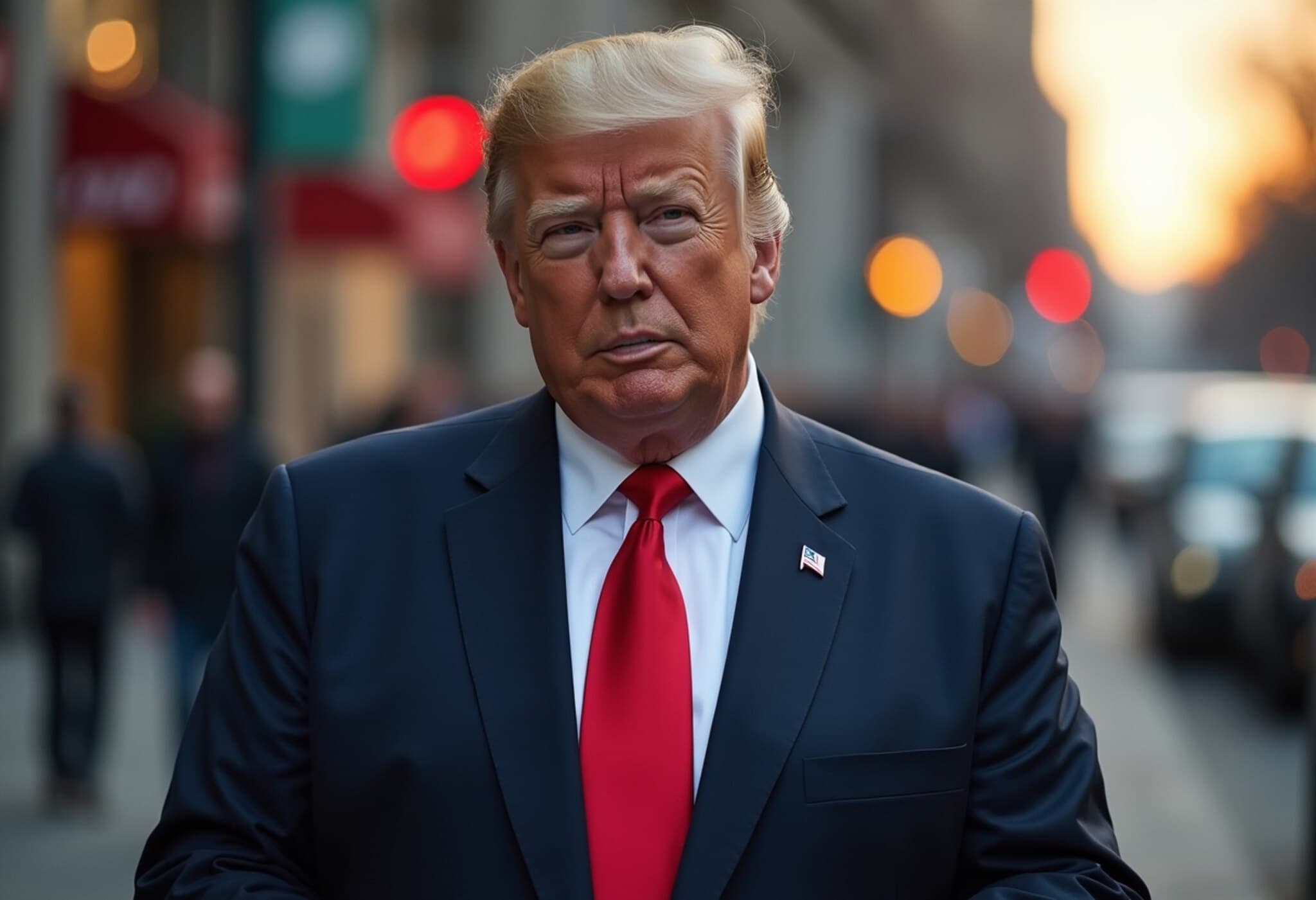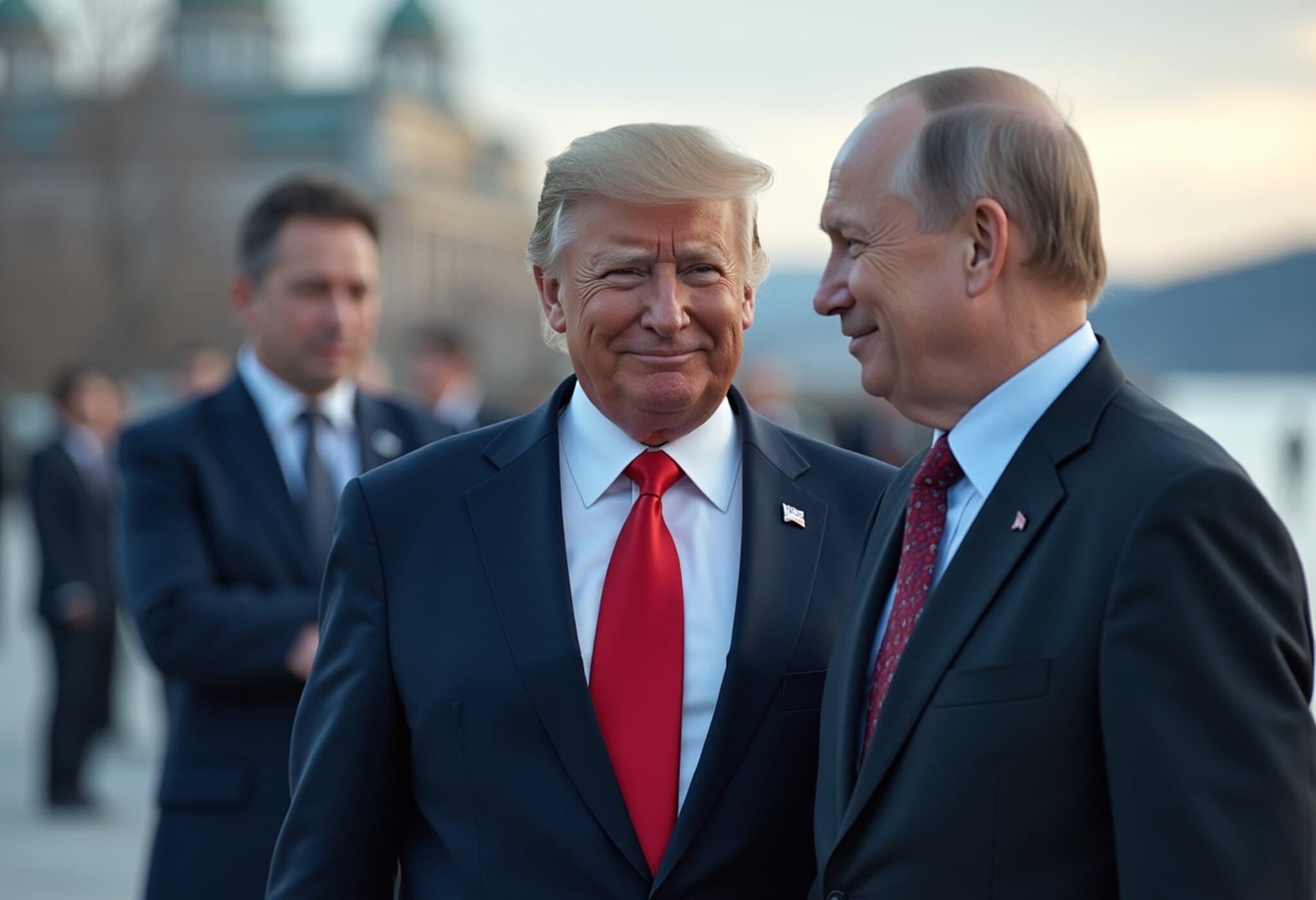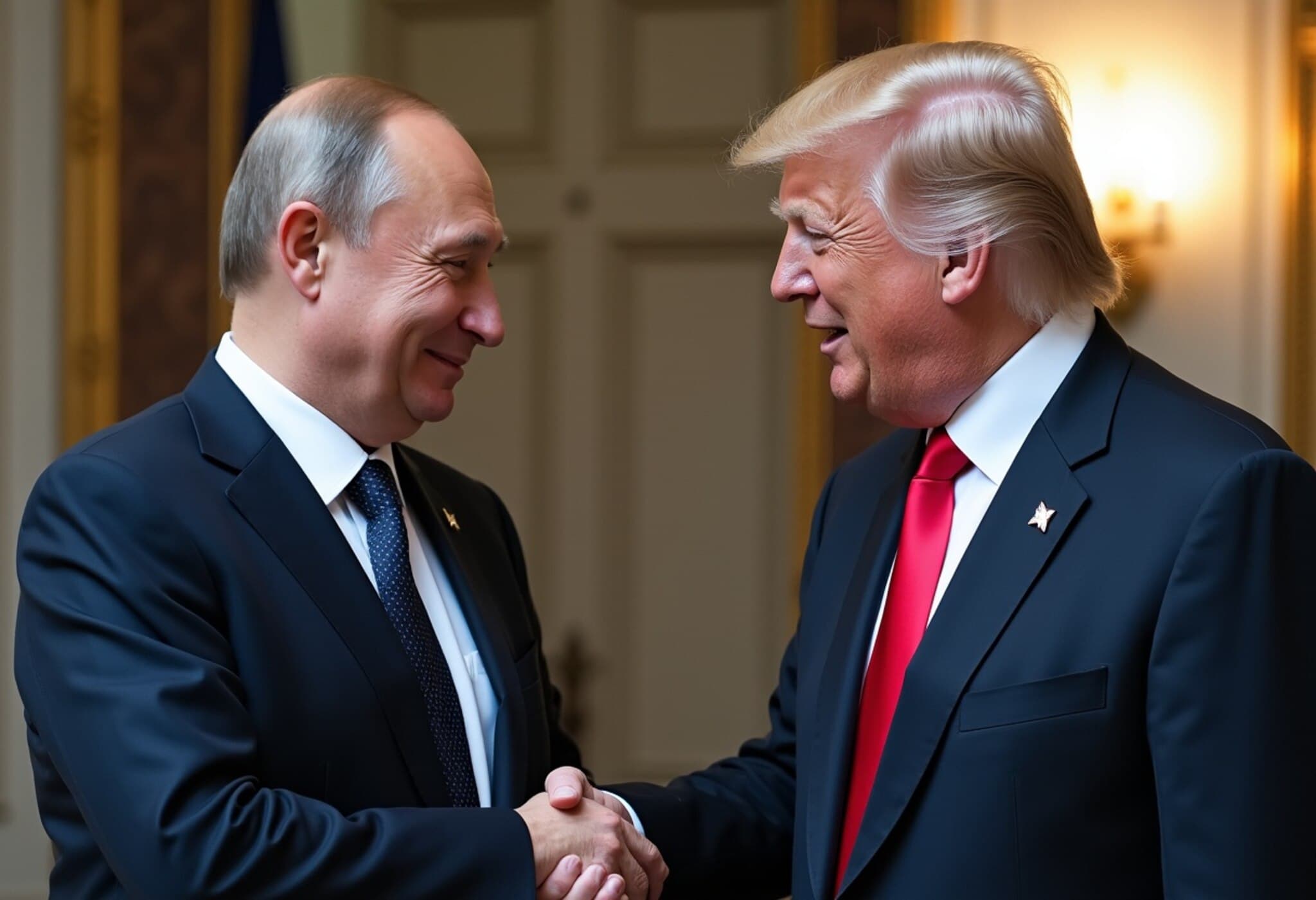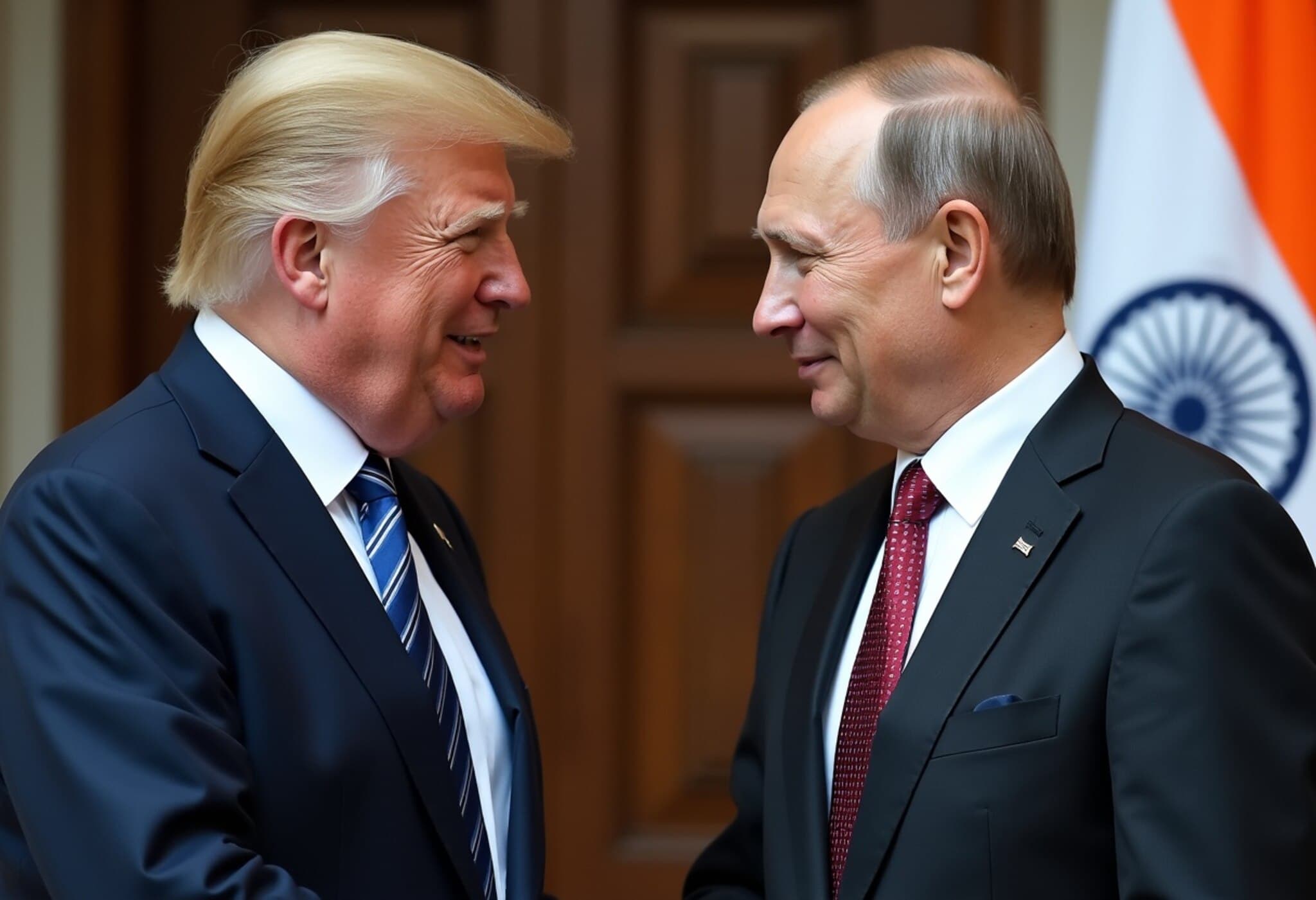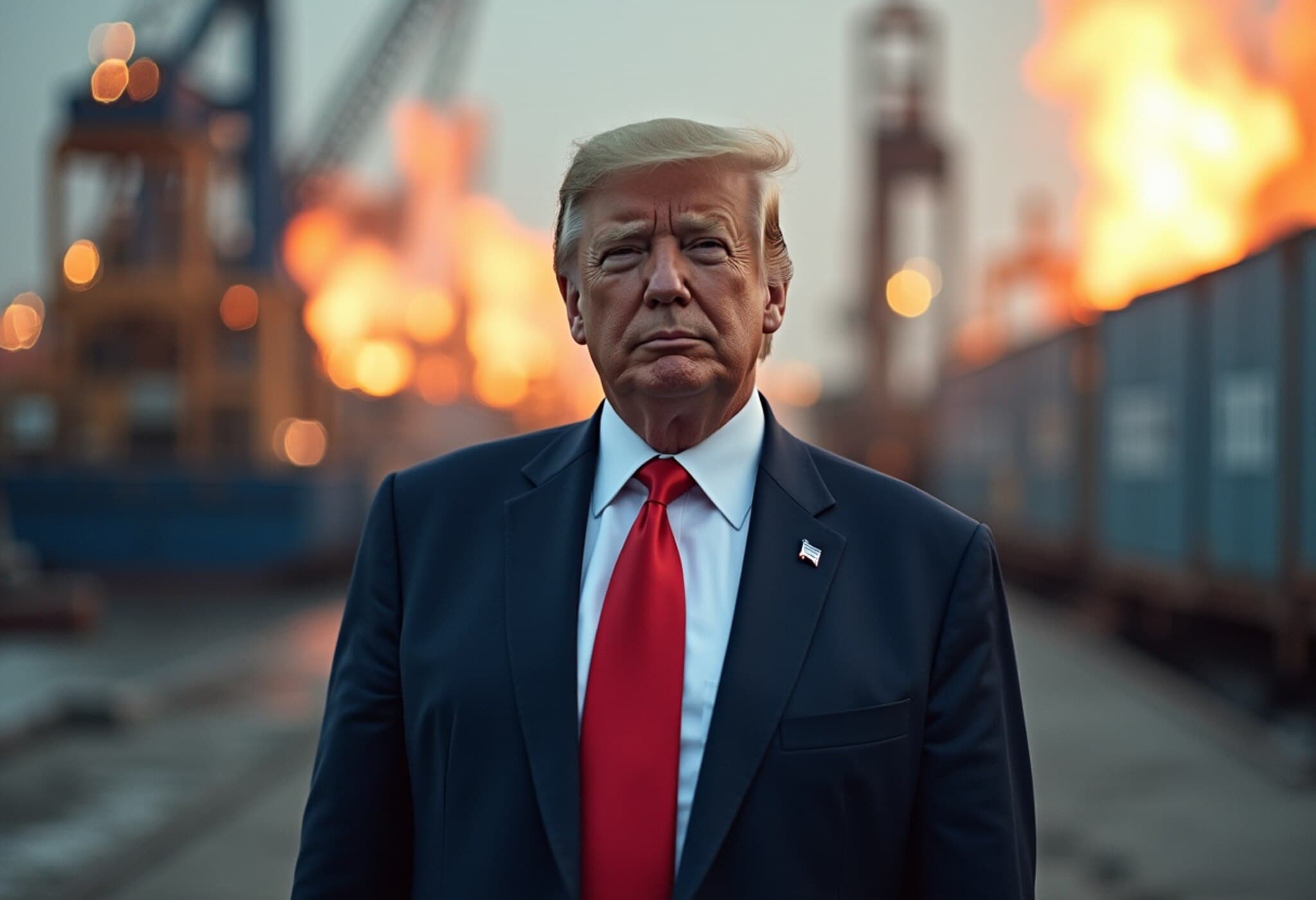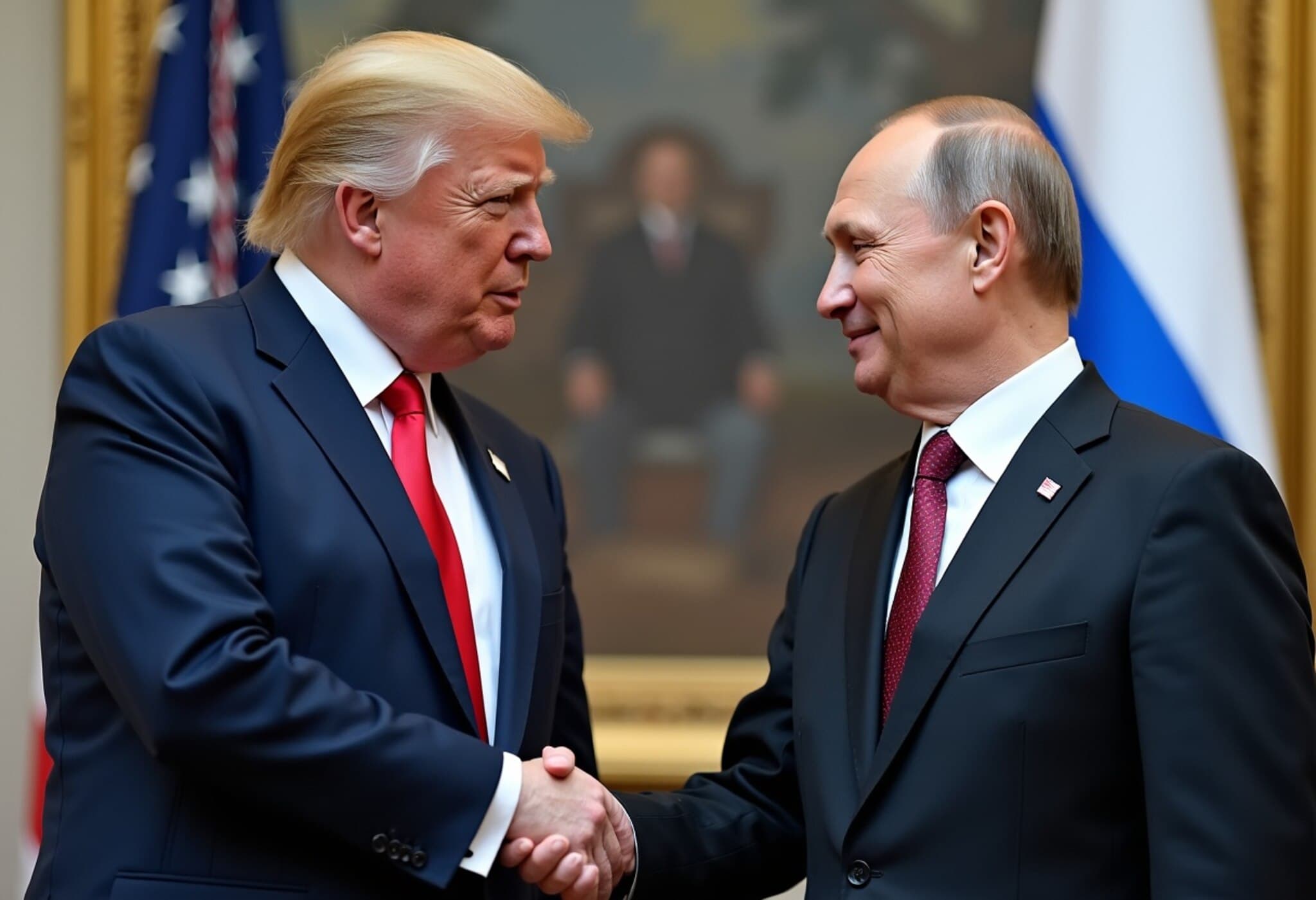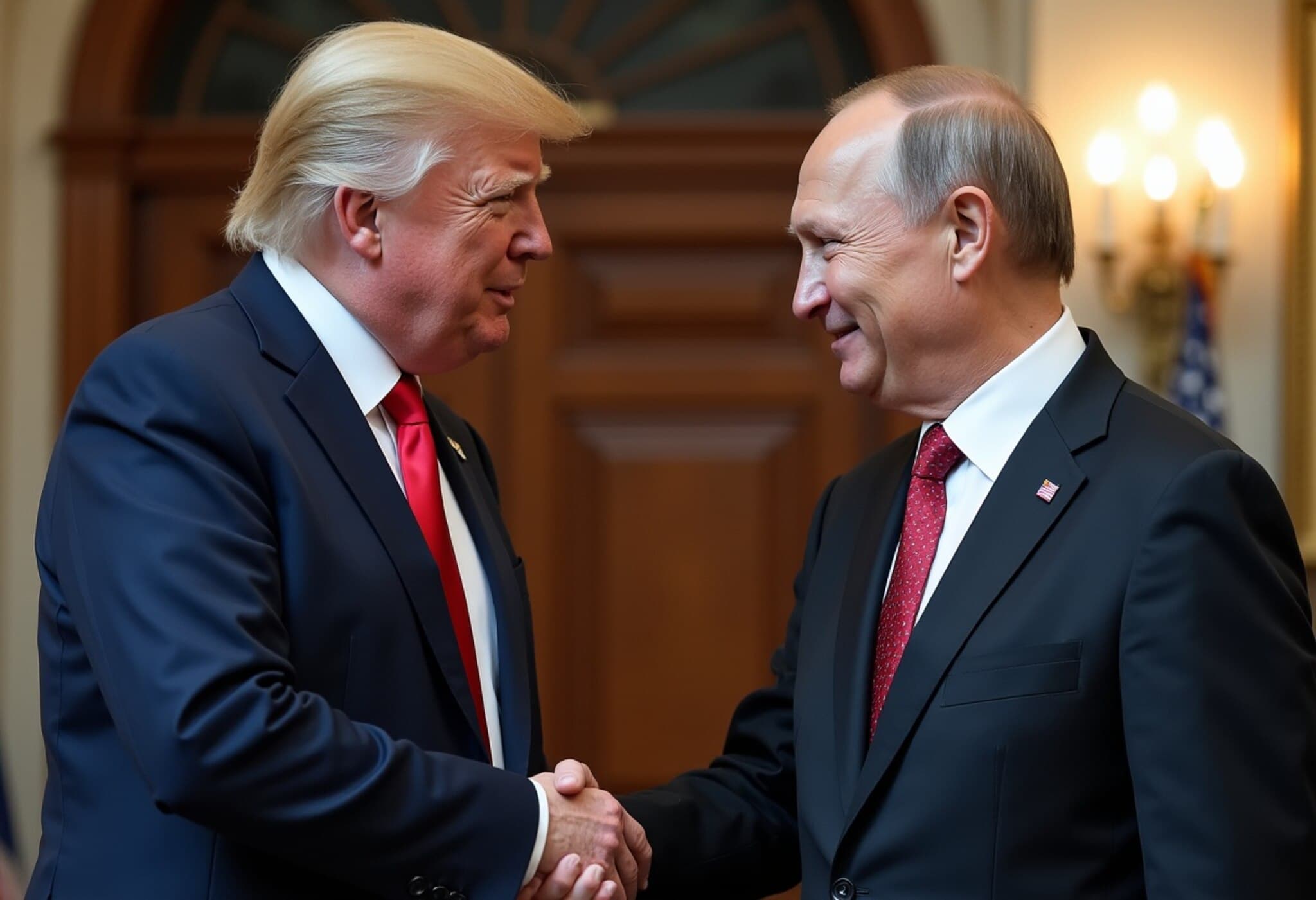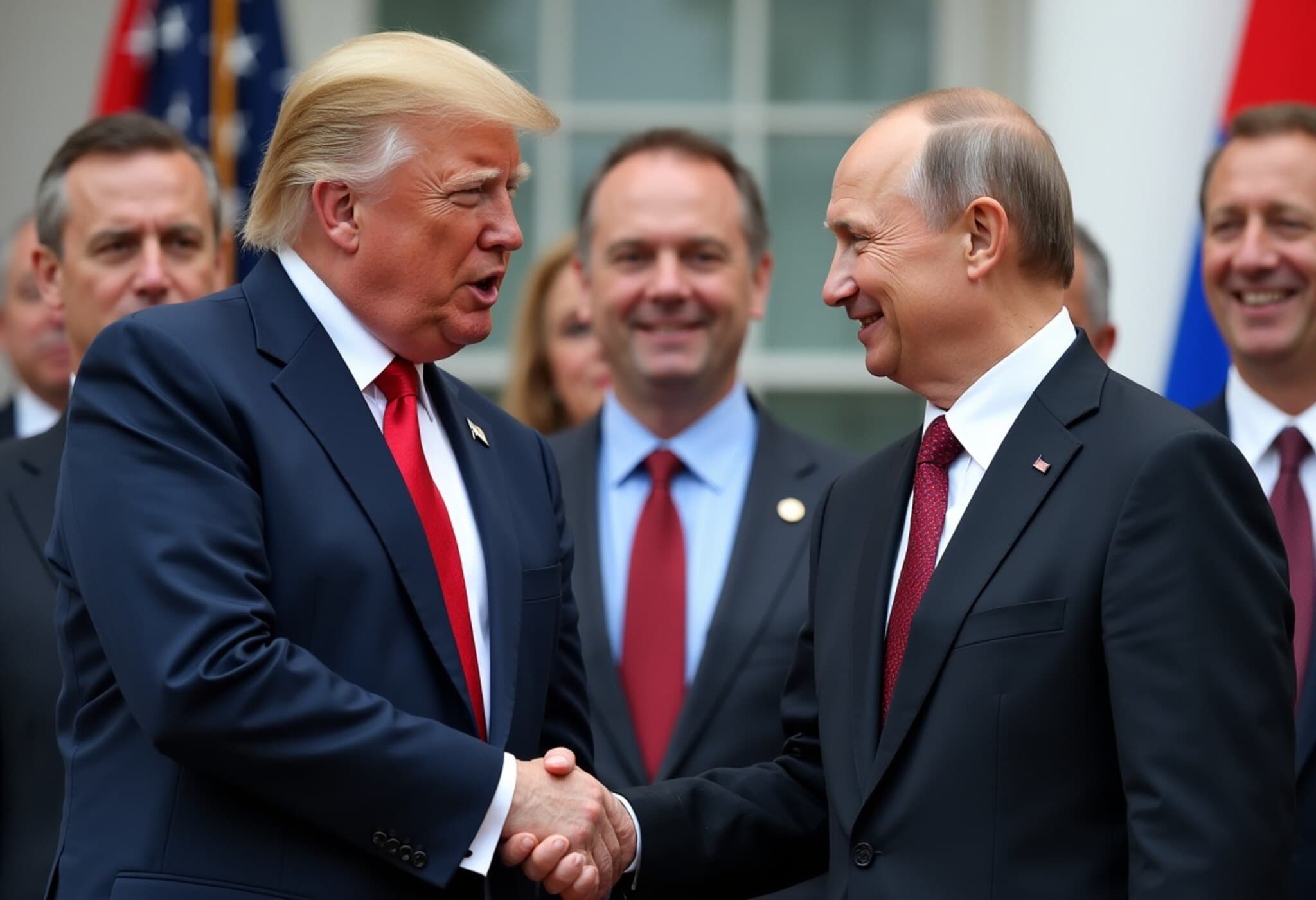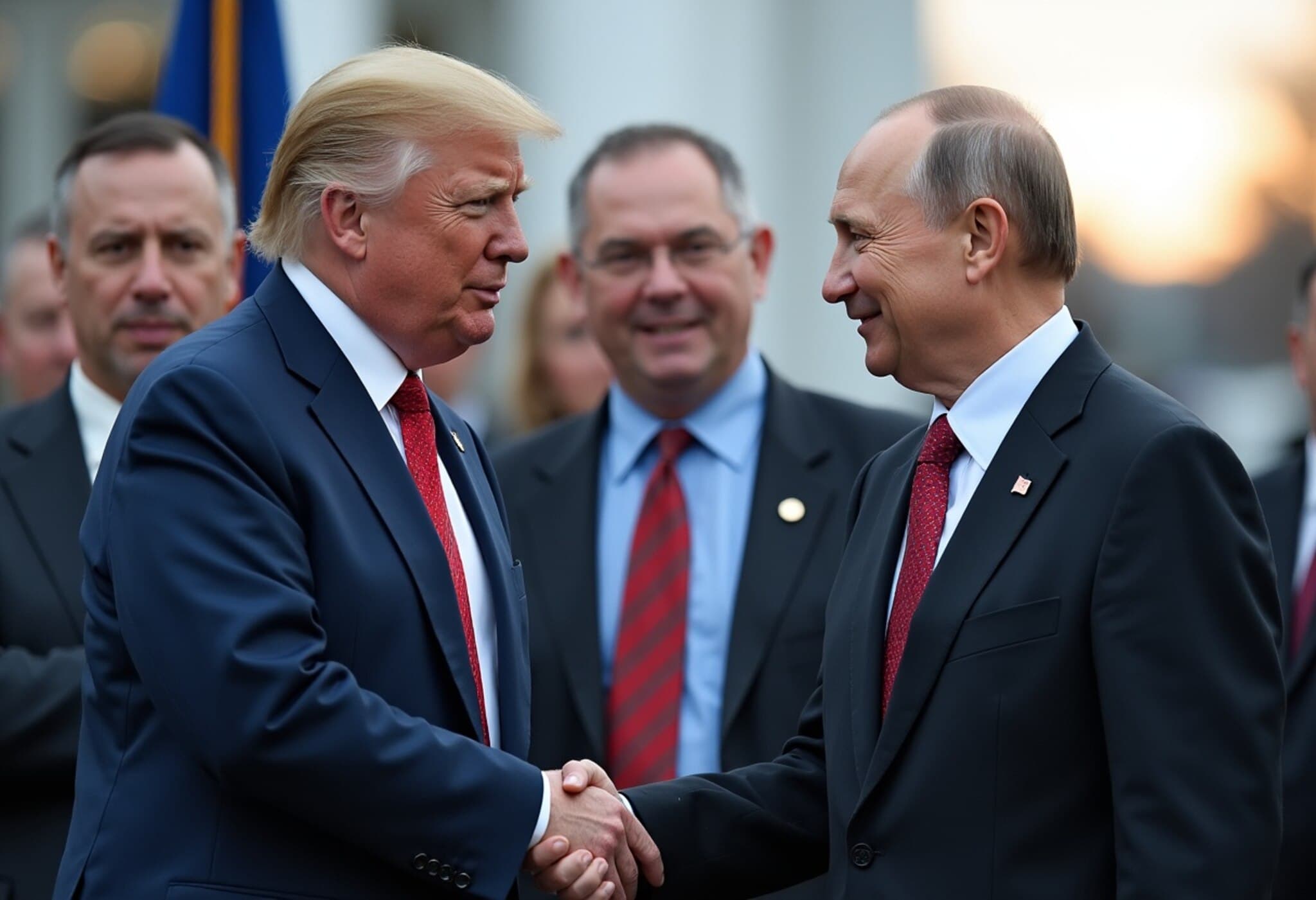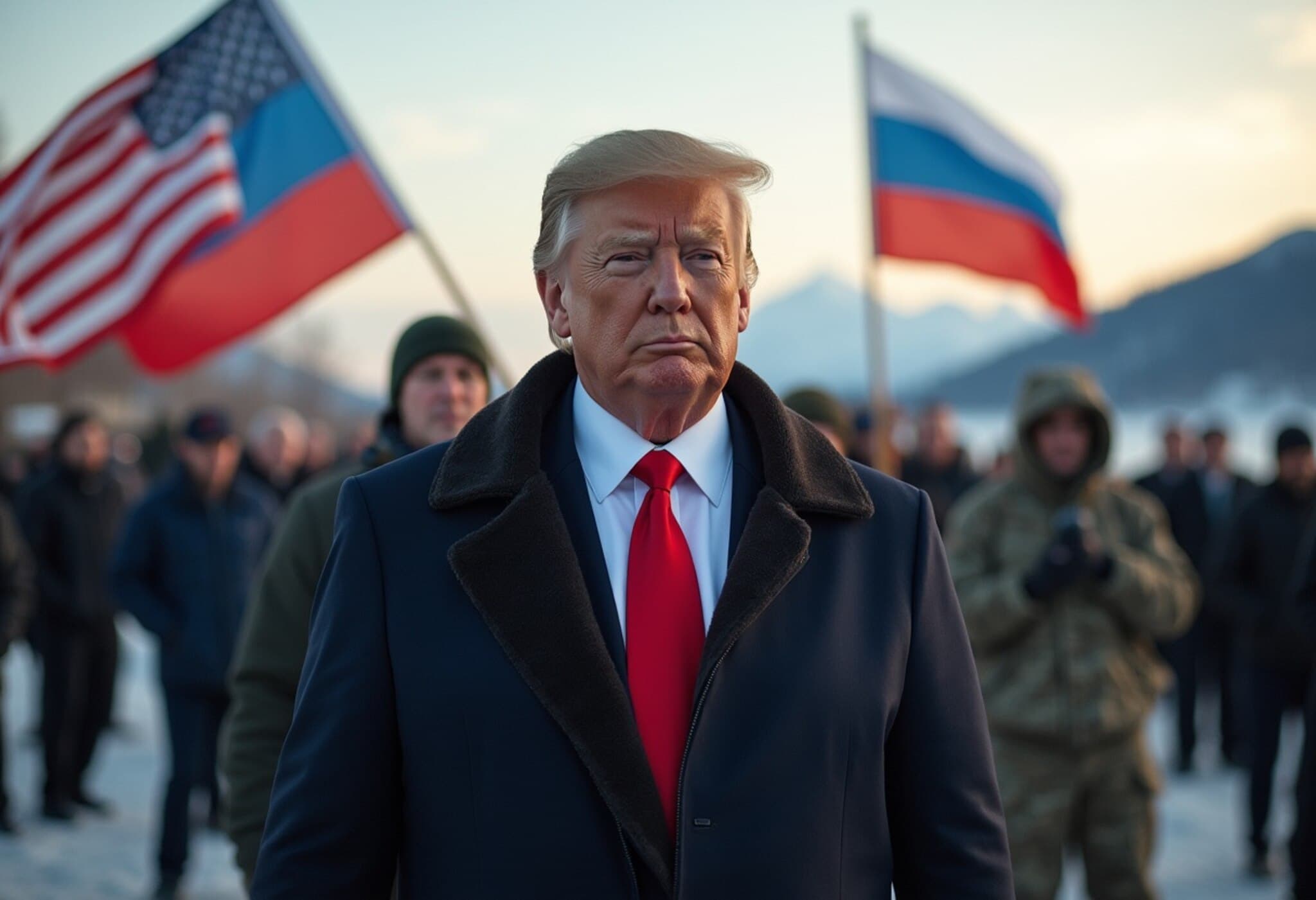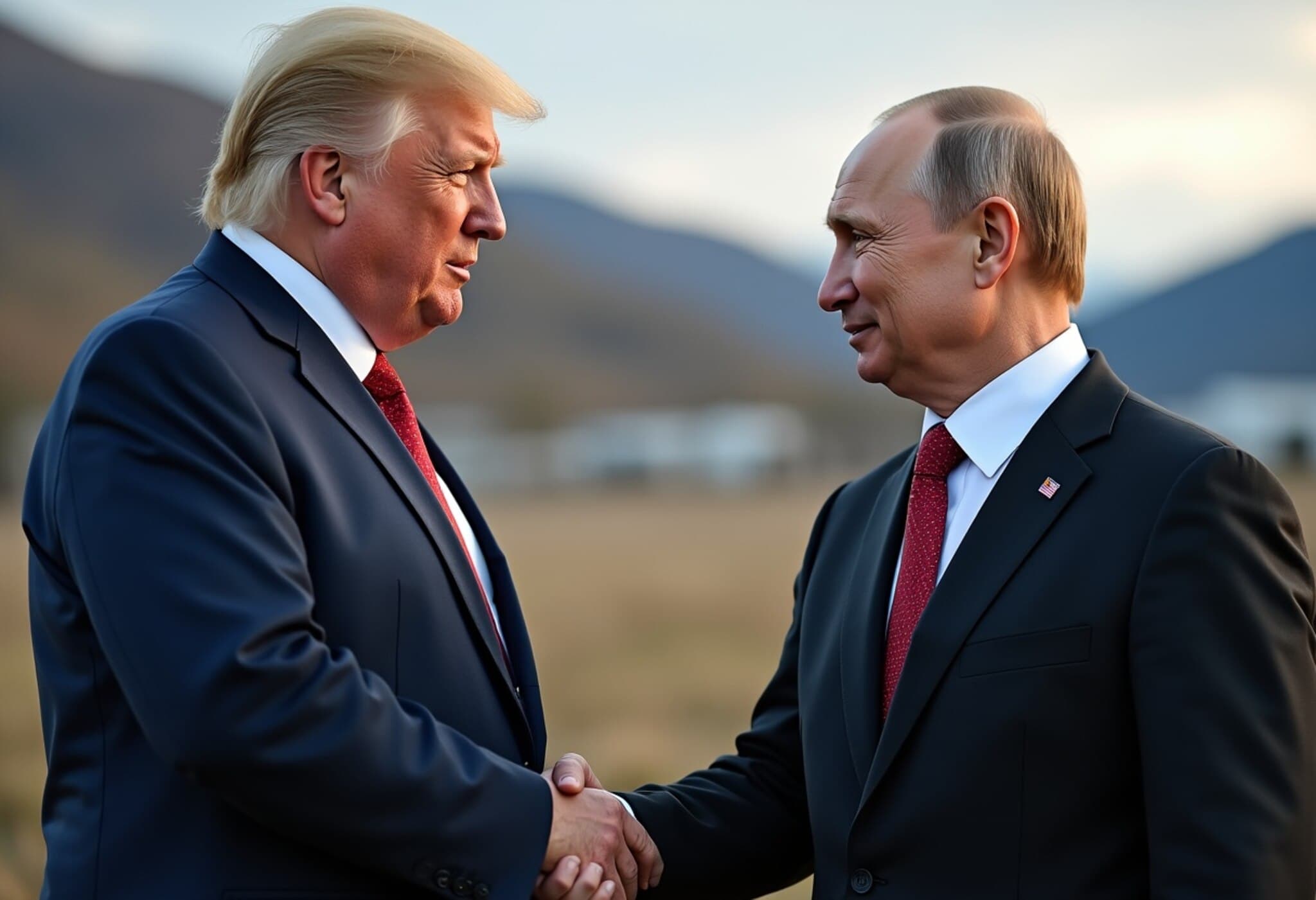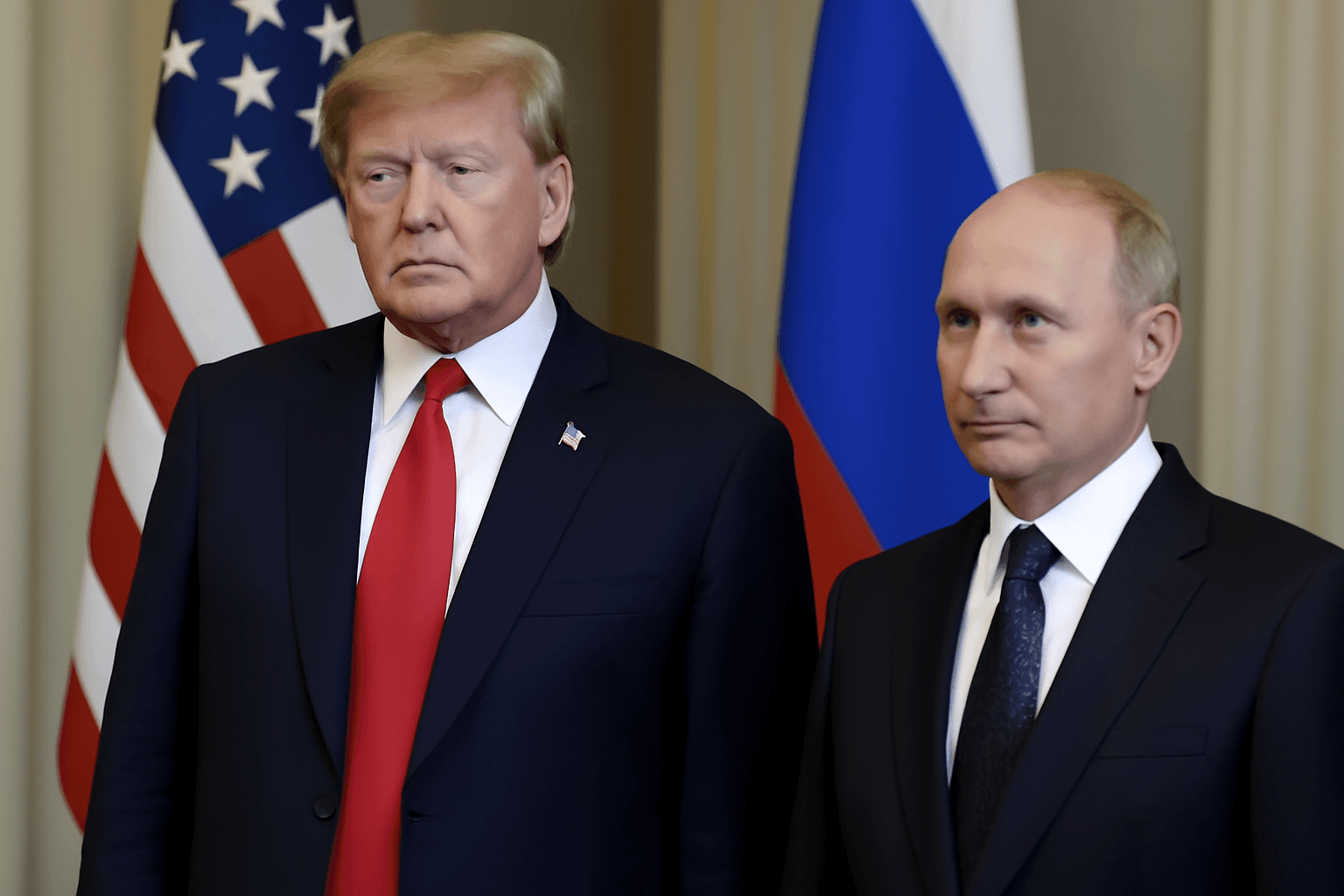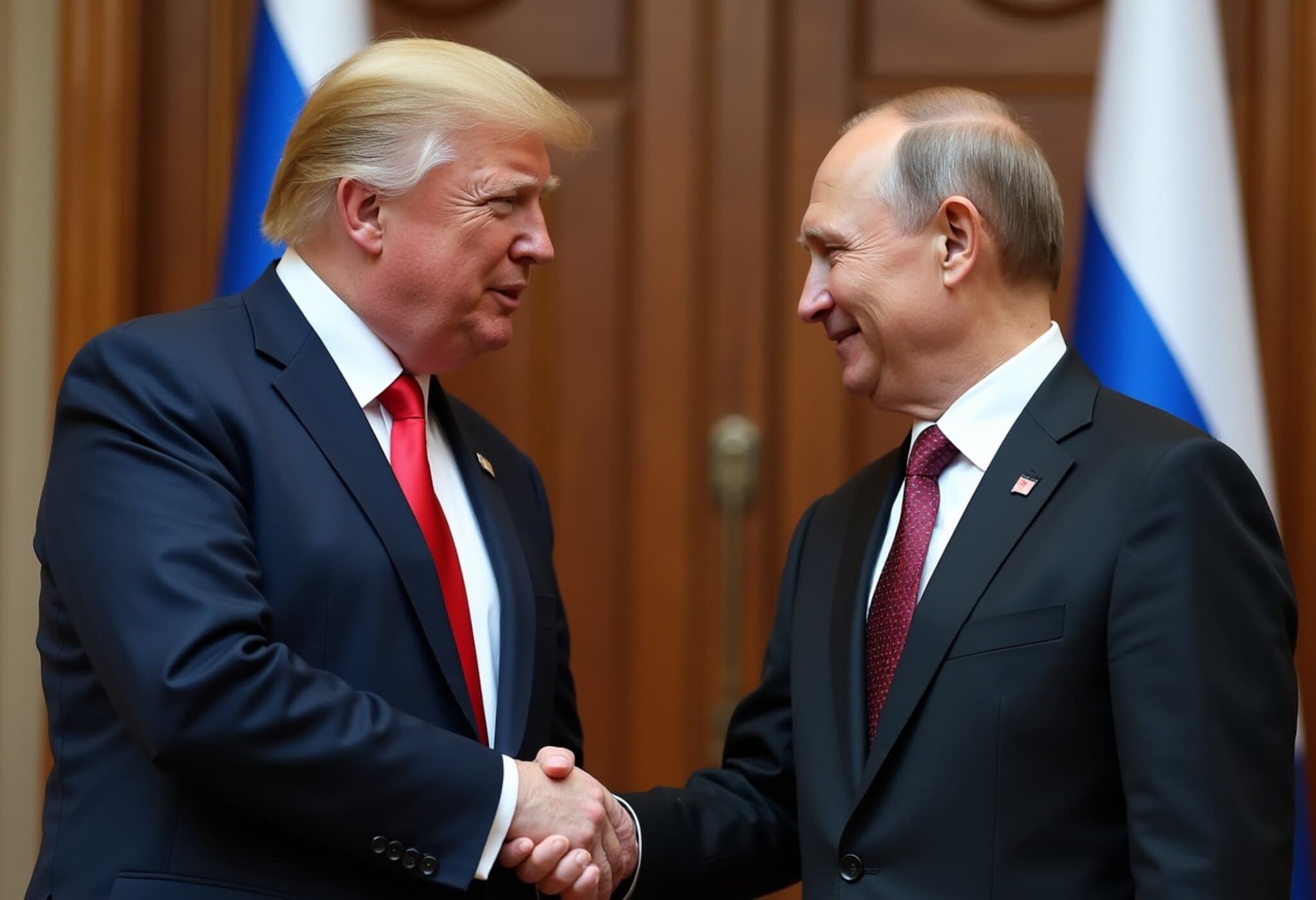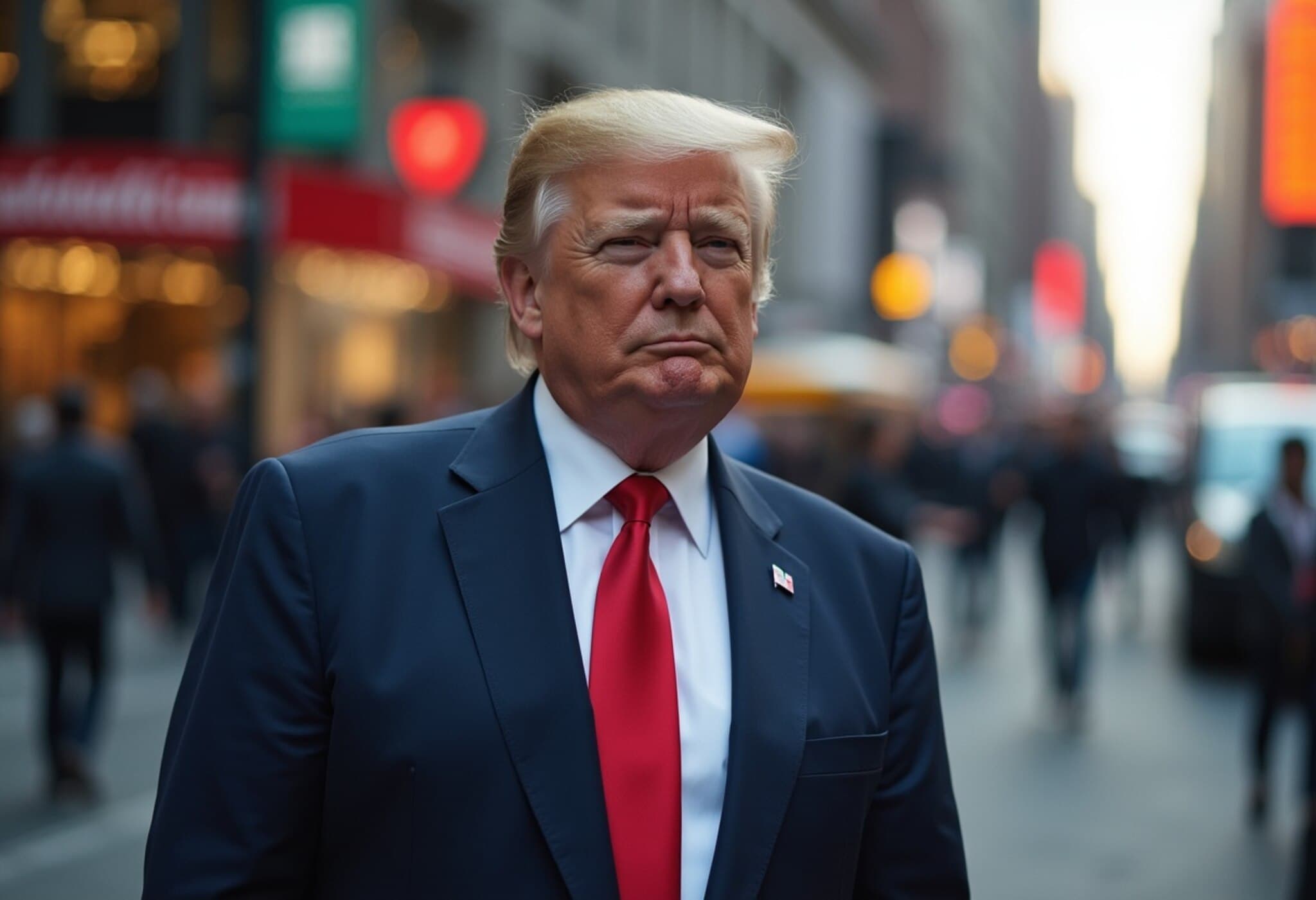Trump’s Alaska Summit With Putin: A Complex Diplomatic Dance
Earlier this week, former President Donald Trump surprised many by announcing a forthcoming meeting with Russian President Vladimir Putin—not in Russia, but in Alaska. Despite the geographical mix-up during his press conference, the implications of this rendezvous are anything but trivial. The meeting is set against a backdrop of global tensions that include the ongoing conflict in Ukraine, raising questions about America’s foreign policy posture and the future of Eastern Europe.
The Dynamics at Play: A Tale of Two Strongmen
Trump and Putin are emblematic of a new generation of global leaders marked by an authoritarian style underscored by personal bravado and political spectacle. Yet, their approaches couldn't be more different. Putin, steeped in decades of geopolitical strategy and history, brings a calculated and patient demeanor to the table. Trump, by contrast, is known for impulsivity and a preference for personal connections over meticulous planning.
This contrast presents both opportunities and risks. While Trump's face-to-face approach encourages dialogue, his tendency to prioritize short-term optics risks undermining deeper strategic interests, especially relating to Ukraine.
The Potential Upside: Engagement Can Open Doors
- Direct Communication: Trump enjoys meeting key players personally, believing that dialogue, even with adversaries, is essential to progress.
- Setting the Stage: Referring to the Anchorage meeting as a “feel-out,” Trump signals a cautious approach, allowing room for follow-up talks, possibly involving Ukrainian President Volodymyr Zelensky.
- Diplomatic Momentum: Past summits, like those with North Korea’s Kim Jong-un, highlight Trump’s willingness to engage where others might retreat.
The Risks: Geopolitical Chess or Gambit?
The summit’s timing and venue raise some alarms. Holding the meeting on U.S. soil is a symbolic win for Putin, boosting his image amidst accusations of war crimes in Ukraine. Additionally, the absence of Zelensky at this key conversation means Ukraine's interests may be sidelined in discussions that could directly impact its sovereignty.
Moreover, Trump's accommodation of Putin might undermine recent U.S. military support for Ukraine, potentially signaling a retreat from America’s commitment to Eastern European security.
Emerging Concerns: The ‘Ugly’ Possibility
Trump’s history of repeating Kremlin narratives on Ukraine is a critical concern. His past misstatements about Zelensky’s popularity and accusations that Ukraine instigated the war reflect a susceptibility to Russian propaganda—a vulnerability that could influence the outcome of this summit.
Experts warn that if Trump pushes Ukraine to concede territory, it could fracture the unified Western stance and embolden Putin’s aggression, further destabilizing the region.
Expert Perspectives: What Analysts Say
John Herbst, former U.S. ambassador to Ukraine, cautions that while the summit might not be a disaster, it likely won’t produce breakthroughs. It may instead reveal a tilt toward accommodating Putin without securing reciprocal concessions.
Michael McFaul, former U.S. ambassador to Russia, emphasizes the risks inherent in high-profile summits without clear goals or outcomes. On social media, McFaul warned that a weak showing by Trump could undermine American interests and embolden adversaries.
Similarly, critics like Jeff Timmer from the Lincoln Project argue Putin will exploit Trump’s naivety, turning negotiations into a spectacle rather than a substantive dialogue.
Contextualizing the Summit in U.S. Foreign Policy
America’s stance on the Ukraine conflict remains a delicate balancing act. While previous administrations have supported Ukraine’s sovereignty emphatically, this Alaska meeting raises the possibility of shifting priorities, especially if U.S. officials undervalue Ukraine’s role at the negotiating table.
Given the historical precedent of agreements like the 1938 Munich Pact—noted for its flawed appeasement of aggressive powers—the international community watches anxiously. Any perception of American acquiescence risks encouraging further territorial ambitions by Russia.
Conclusion: A Summit Fraught With High Stakes
Trump’s Alaska rendezvous with Putin embodies the contradictions of current geopolitics—a mix of personal dynamics, strategic missteps, and unpredictable outcomes. While dialogue remains crucial, the summit’s design and context pose significant risks for U.S. credibility and the future stability of Ukraine.
Editor’s Note:
This meeting brings to the fore the perennial question—can engagement with adversaries yield peace without compromising core values? As the world watches, the summit’s outcome may reshape the delicate balance between diplomacy and deterrence. Readers are invited to consider: How should democratic nations balance dialogue with authoritarian powers without conceding fundamental principles or security?

